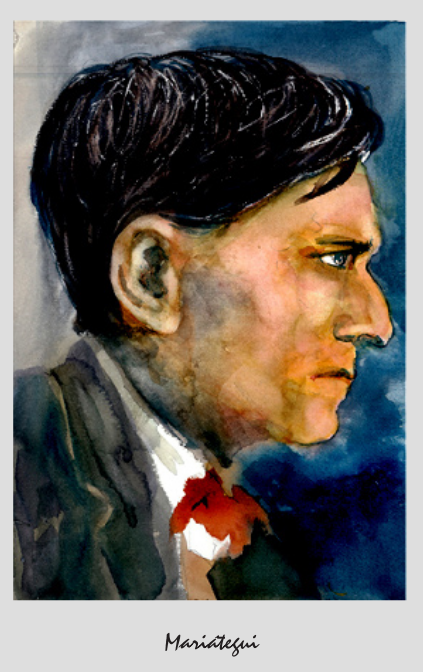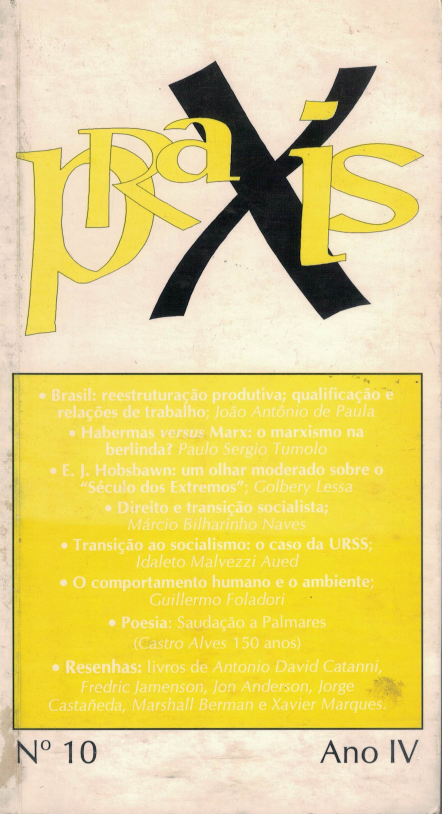The Actuality of Mariátegui (or the critique of unfortunate rationalism): New values beyond a new economically possible world
Abstract
Times of crisis, like illnesses, are propitious moments for reflection and self-criticism, for the verification if not of new directions, at least of the misconceptions already exposed – which then become clearer.2 Hence the pertinence of revisiting the philosophy of José Carlos Mariátegui and his original vision of praxis, especially in terms of the dialectical denial of some hegemonic values in Western culture – intellectualism, skepticism, individualism – trends that cooperate with the current degeneration of a civilization marked by hopelessness, repression, sedentary lifestyle and fear. These modes of operation, if on the one hand support the devastating meaning taken by capitalist society, on the other hand permeate the day-to-day even of those who propose to refute it – thus obstructing the very notion of human development, a fundamental concept for the communist protest. Denouncing such hoaxes is today a more direct task than fairly uncovering new paths – in the face of a still recent situation in which the prospects for overcoming the most basic human problems are clouded by the blow of neoliberal skepticism against utopia.

Downloads
Published
How to Cite
Issue
Section
License
Authors who publish in Revista Mouro agree to the following terms:
The. Authors retain copyright and grant Revista Mouro the right to publish.
B. Authors are authorized to assume additional contracts separately, for non-exclusive distribution of the version of the work published in this publication (eg, to publish in an institutional repository or as a book chapter), with acknowledgment of authorship and publication in Revista Mouro.
ç. Authors are allowed and encouraged to publish and distribute their work online (e.g. in institutional repositories or on their personal page) at any point before or during the editorial process, as this can generate productive changes as well as increase impact and the citation of the published work.





